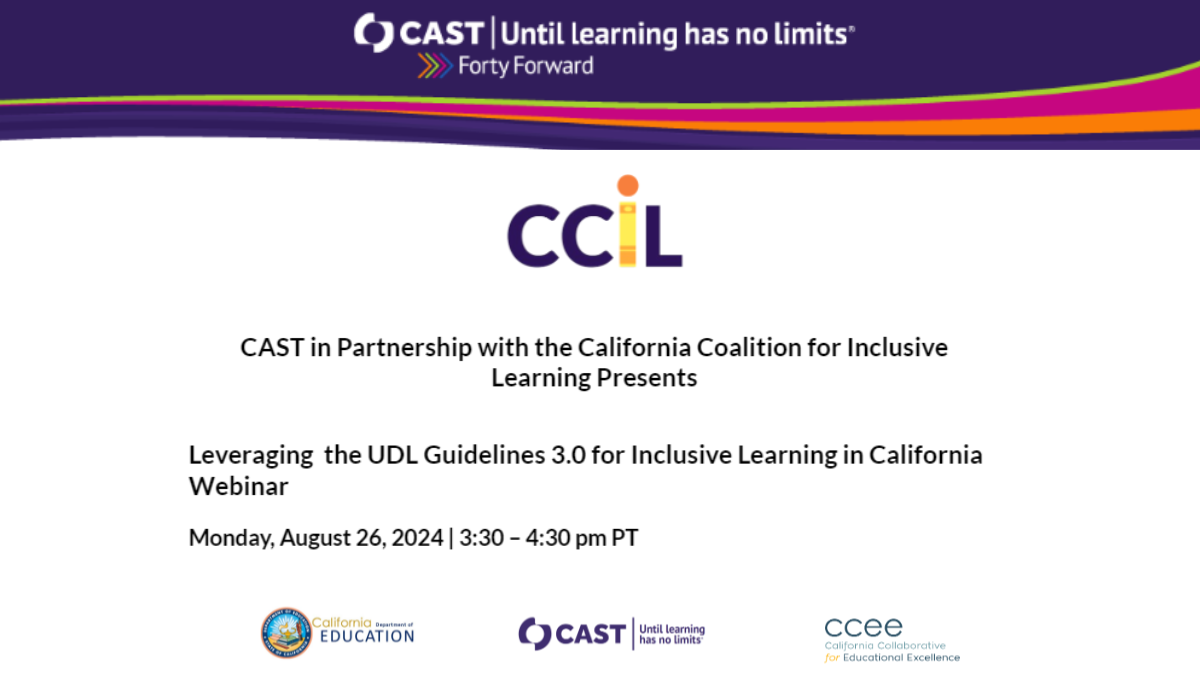

Join us for an enlightening session as we delve […]
|
M
Monday
|
T
Tuesday
|
W
Wednesday
|
T
Thursday
|
F
Friday
|
S
Saturday
|
S
Sunday
|
|---|---|---|---|---|---|---|
|
3 events,

Featured
-

Featured
Join us for an enlightening session as we delve […] |
3 events,
-
SDCOE MEGA Team will be hosting quarterly network meetings to share latest information from local and state leaders regarding English Learner / Multilingual Learner students, dual language and world language.The meetings will be in person. Please see location for more information.
-
Data and Assessment Network meetings are held regularly throughout the year for administrators who are responsible for assessment, accountability, and data management. The meetings provide a forum for participants to explore and exchange ideas and share locally created resources. The Data and Assessment Network meetings offer opportunities for LEA staff to network with colleagues, ask questions and get answers to questions about assessment, accountability, data, and more.
-
Would you like to learn how you can decrease problematic behaviors while increasing behaviors you want to see? What we do before and after a challenging behavior is instrumental in effecting behavior change. This workshop will provide you with both proactive antecedent strategies to prevent challenging behaviors, as well as reinforcement strategies to strengthen and maintain desired behaviors. |
3 events,
-
The San Joaquin County Office of Education invites you to attend the 6th Annual Chronic Absenteeism Summit: Empowering Students Through Transformative Connections.
-
School board meetings start at 6:30 p.m. and are held at the Amador County Administration Center unless otherwise stated in the posted board agenda. Board agendas are posted here. |
5 events,
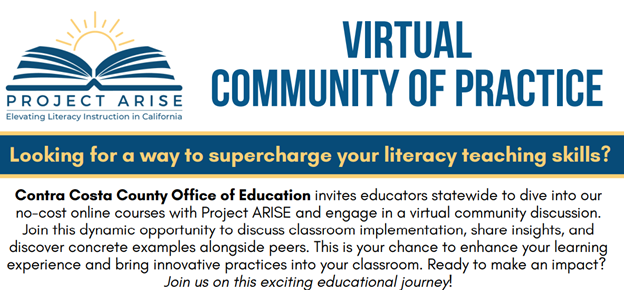
Featured
-

Featured
Any educator engaging in the Project ARISE online courses […] |
3 events,
-
The San Diego County Office of Education Expanded Learning Programs has expanded it's Web-Based Attendance Tracking System. This system allows sites to register students and record daily attendance. The system also collects all the data necessary to comply with the reporting requirements set forth by the California Department of Education.
-
The Translators and Interpreters Alliance (TIA) Network, a collaborative initiative between the San Diego County Office of Education (SDCOE) and our local education agencies (LEAs), is actively serving as a learning community focused on advancing knowledge in translation and interpretation.
-
Utilize several tools to identify your leadership style, how you respond to expectations, how you are organized and energized, by identifying talents and intelligences you bring to the work. |
0 events,
|
0 events,
|
|
3 events,
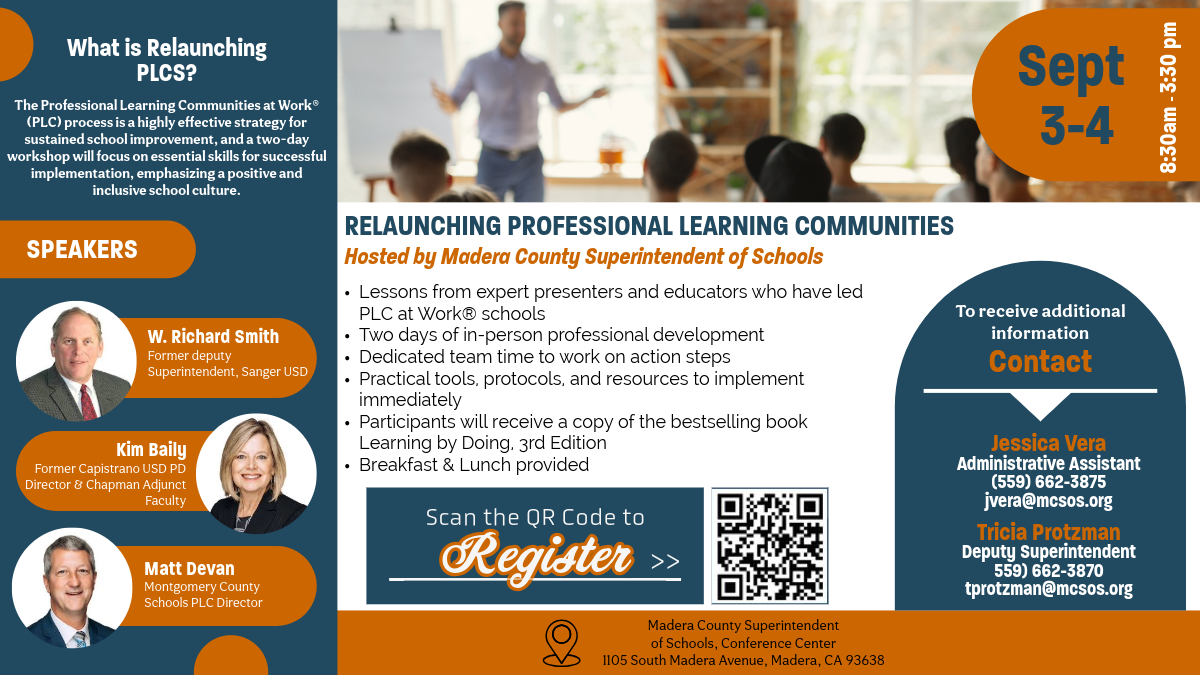
Featured
-

Featured
What is Relaunching PLCs? The Professional Learning Communities at […]
-
Would you like to learn how you can decrease problematic behaviors while increasing behaviors you want to see? What we do before and after a challenging behavior is instrumental in effecting behavior change. This workshop will provide you with both proactive antecedent strategies to prevent challenging behaviors, as well as reinforcement strategies to strengthen and maintain desired behaviors. |
6 events,

Featured
-

Featured
What is Relaunching PLCs? The Professional Learning Communities at […] |
1 event,
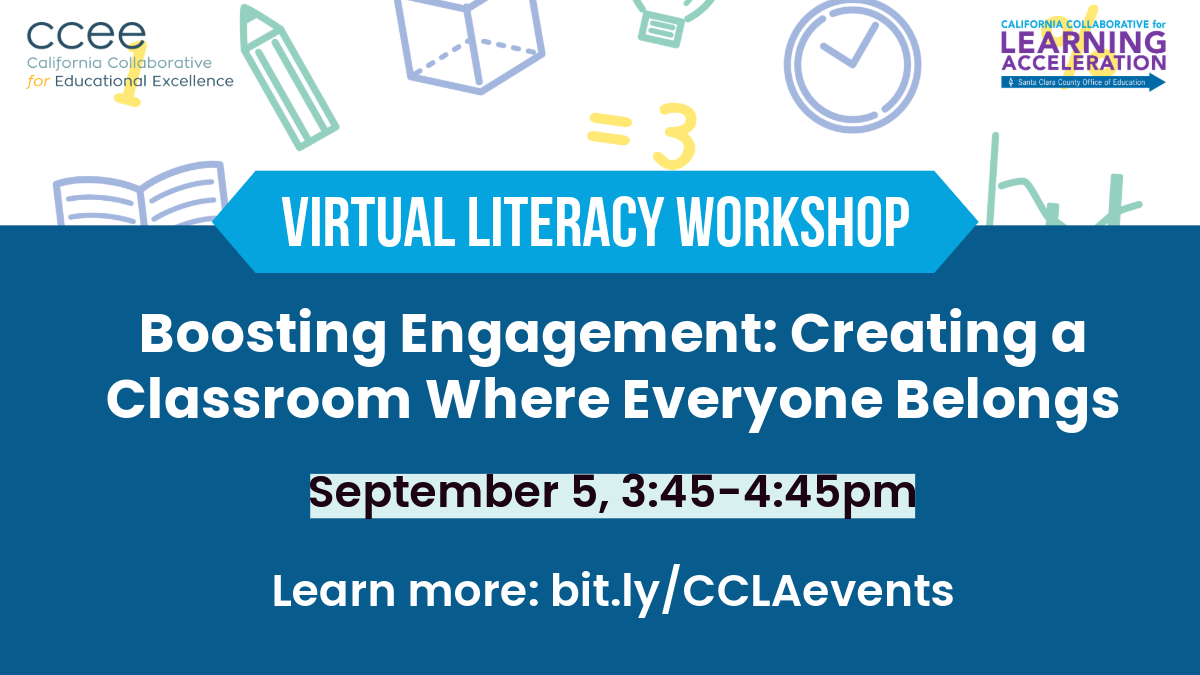
Featured
-

Featured
Learning Intentions: Participants will: learn the elements of belonging. […] |
1 event,
-
This presentation provides speech language pathologists (SLPs) with a comprehensive understanding of neurodiversity and its implications in their practice. Neurodiversity encompasses a range of neurological differences, including autism, ADHD, dyslexia, and more. Through this presentation, SLPs will explore best practices for assessment and therapy through a lens of neurodiversity with a strengths-based approach. Practical strategies and interventions tailored to support neurodiverse clients will also be discussed. |
0 events,
|
0 events,
|
|
|
1 event,
|
2 events,
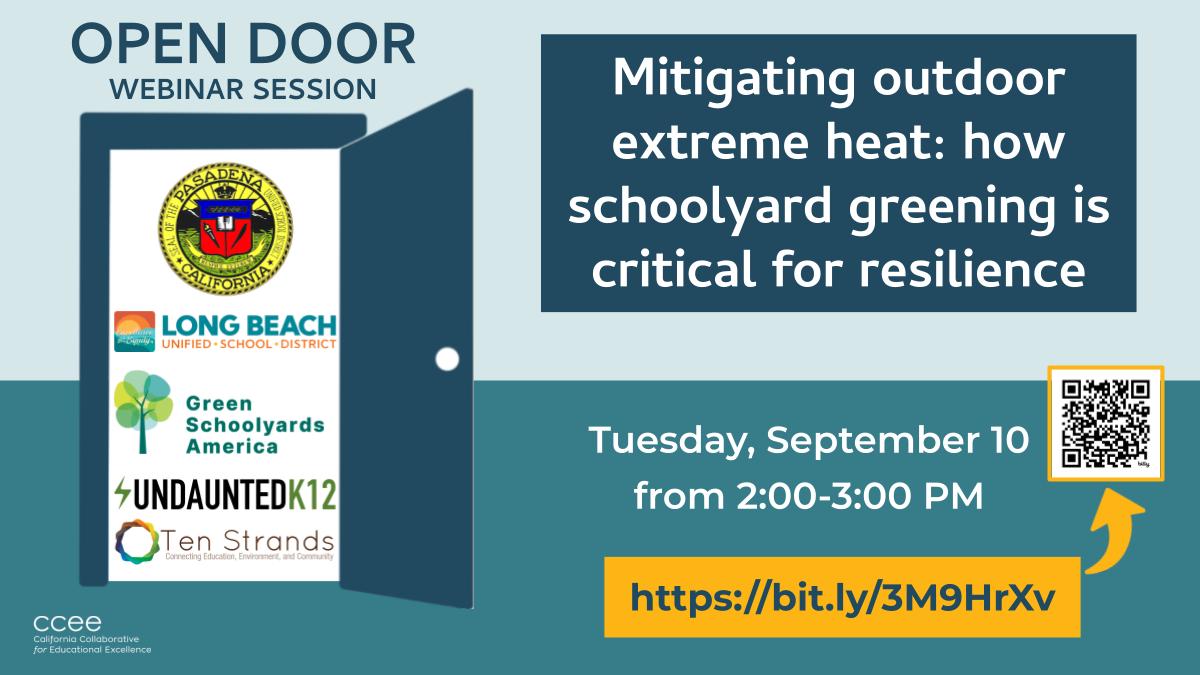
Featured
-

Featured
Is extreme heat on your school playgrounds becoming an […]
-
Tri-Annual Joint Homeless & Foster Care Liaison Meeting for San Diego County AB 490 & McKinney Vento School District Liaisons. |
4 events,
-
The ELO-P Network is a monthly session for District/Charter leadership to deepen their understanding of expanded learning programming and Education Code requirements, share resources and promising practices, and engage in communal learning. The ELO-P Network is facilitated by the System of Support for Expanded Learning at the San Diego County Office of Education.
-
Are you interested in creating Calming Corners or Regulation Stations for your students this year? Sign up for our Calming Corners PD training this fall! All educators must attend all three sessions to receive free supplies. Spaces are limited to 40 educators. |
1 event,
-
The training will provide participants with a foundational understanding of Restorative Practices and skills to interact with others and use circles in educational settings. |
0 events,
|
0 events,
|
0 events,
|
|
3 events,
-
Anyone who may come in contact with difficult student behavior can benefit from this training. From a raised voice to a physical assault, all levels of intervention are addressed. The Nonviolent Crisis Intervention training program keeps school staff prepared for everyday challenges and serious emergencies. |
3 events,

Featured
-

Featured
The Multigrade Teacher Community of Practice is hosted by […]
-
You're invited to our monthly meetings dedicated to fostering stronger family and community engagement. At San Diego County Office of Education, we believe in the power of collaboration and meaningful connections within our community.
-
Would you like to learn how you can decrease problematic behaviors while increasing behaviors you want to see? What we do before and after a challenging behavior is instrumental in effecting behavior change. This workshop will provide you with both proactive antecedent strategies to prevent challenging behaviors, as well as reinforcement strategies to strengthen and maintain desired behaviors. |
8 events,
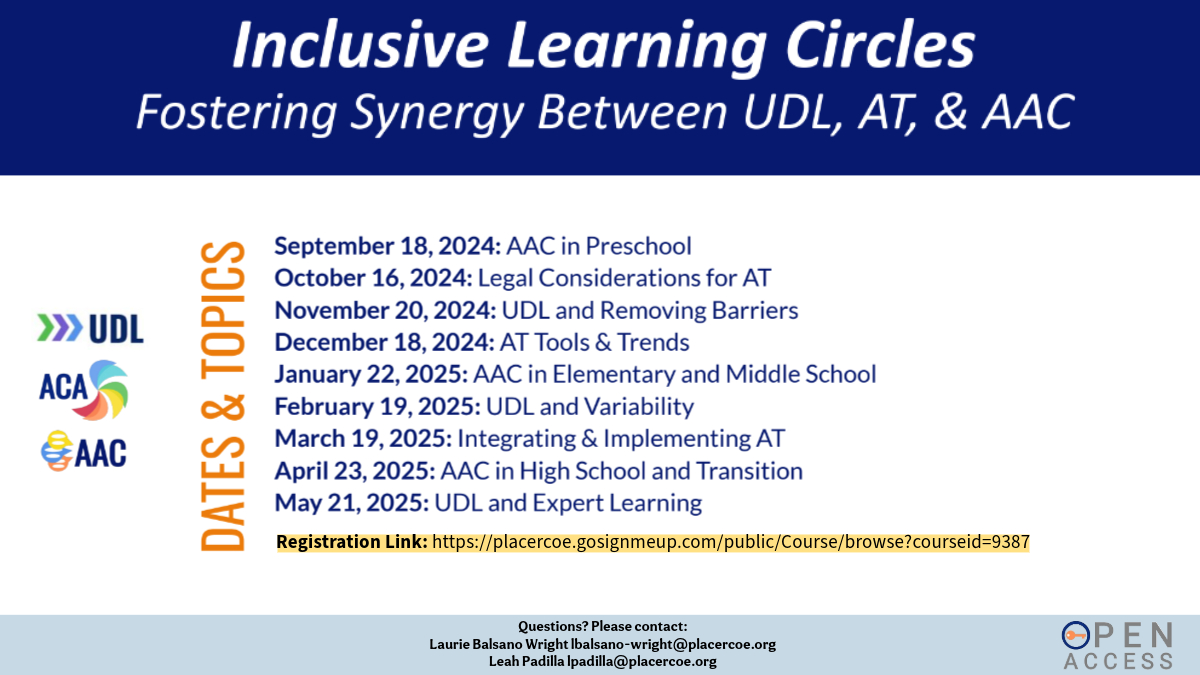
Featured
-

Featured
Fostering Synergy Between UDL, AT, & AAC Audience: Open […]
-
School District McKinney-Vento Liaisons and School Site Personnel who share a role in improving the educational outcomes for students experiencing homelessness are encouraged to attend this FREE training. |
3 events,
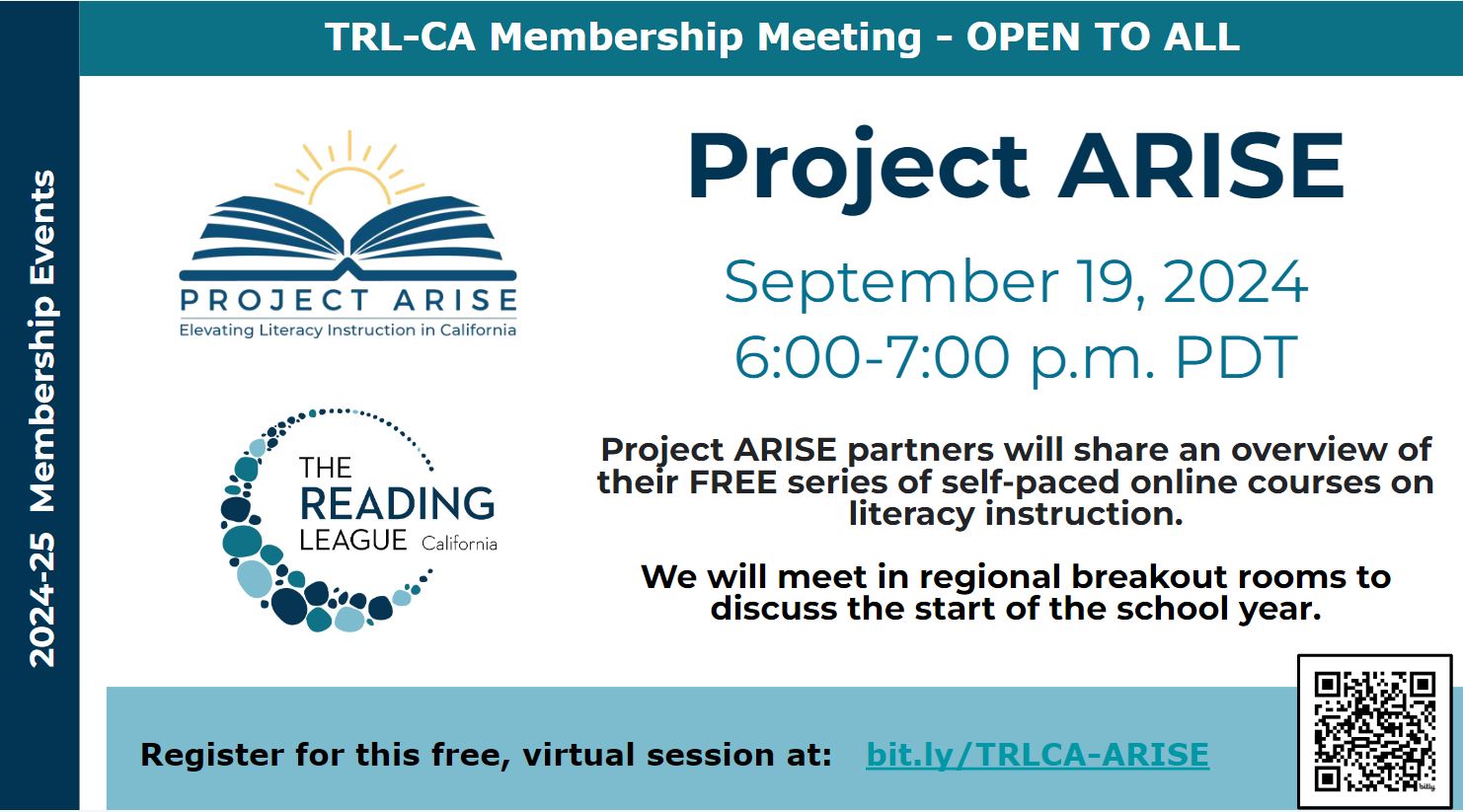
Featured
-

Featured
Join the first member meeting of the 2024-25 event […]
-
Utilizing an asset-based approach, this English language development (ELD) collaborative integrates school and community members in local teams to co-design and implement a comprehensive approach to ELD (including integrated and designated ELD) that is culturally sustaining, aligned to content, and responsive to secondary students’ literacy and language learning needs.
-
Designed for parents of children with aggressive, self-injurious behaviors, and those on the autism spectrum, this program focuses on preventing crises rather than relying on physical interventions. |
3 events,

Featured
-

Featured
Join CCEE at the National Council on Measurement in […]
-
Utilizing an asset-based approach, this English language development (ELD) collaborative integrates school and community members in local teams to co-design and implement a comprehensive approach to ELD (including integrated and designated ELD) that is culturally sustaining, aligned to content, and responsive to secondary students’ literacy and language learning needs.
-
The San Diego County Office of Education Expanded Learning Programs has expanded its Web-Based Attendance Tracking System. This system allows sites to register students and record daily attendance. The system also collects all the data necessary to comply with the reporting requirements set forth by the California Department of Education. |
0 events,
|
0 events,
|
|
2 events,
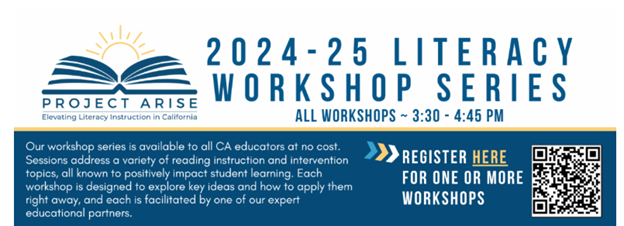
Featured
-

Featured
Learn what brain science says about brain development and […] |
5 events,
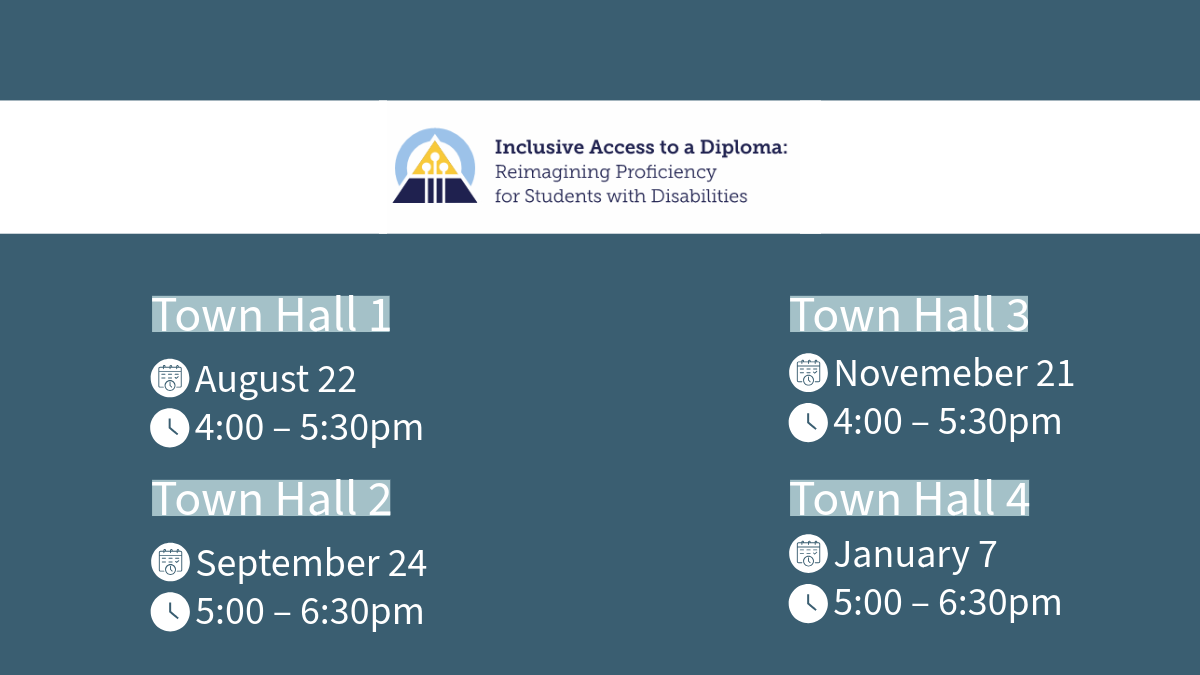
Featured
-

Featured
CCEE is dedicated to enhancing support for students with […]
-
For all communication partners, including family and staff, of students using AAC. Learn strategies and ideas to create communication opportunities using AAC during the course of everyday classroom and home activities. Utilize a variety of AAC systems and conversational targets to enhance vocabulary for the AAC user utilizing the principles of Aided Language Stimulation, Descriptive Teaching Models, and Motor Planning to increase expressive output in children who are using AAC.
-
Learn and network with educators from across San Diego County at our regularly scheduled meetings for lead District Curriculum and Instruction Administrators. |
5 events,
-
The System of Support for Expanded Learning (SSEL) will guide expanded learning staff in an active workshop to focus how their work connects with the six Point of Service Quality Standards. Participants will utilize the Quality Standards framework to create site/group level goals. |
3 events,
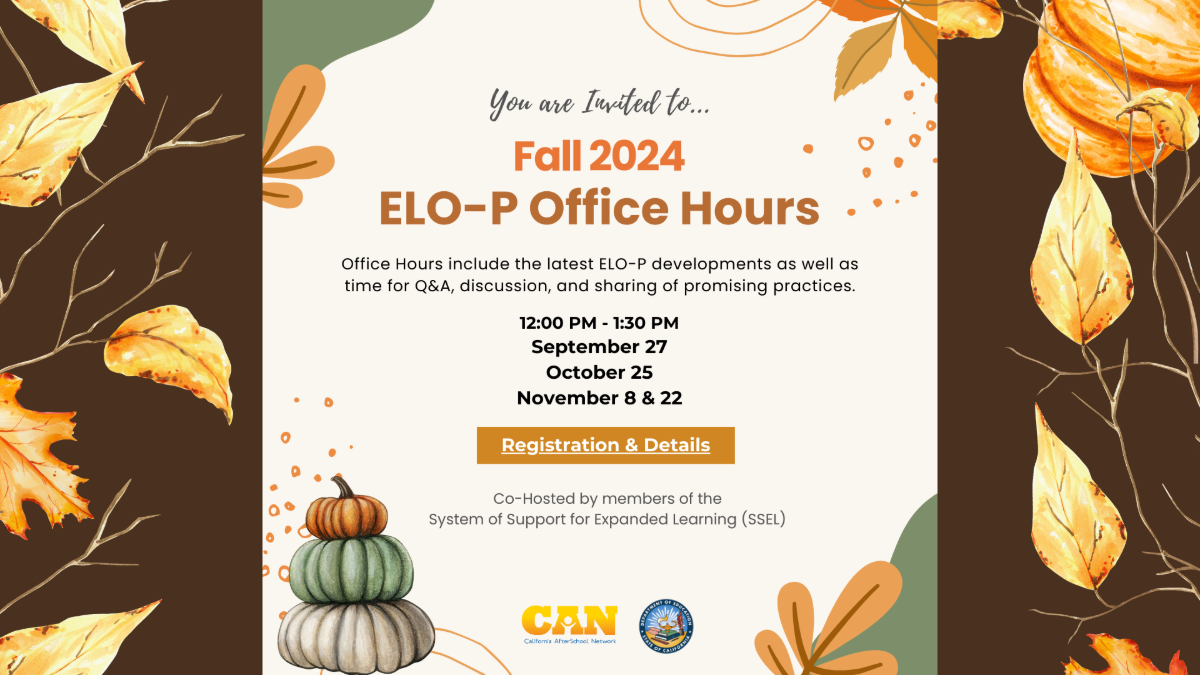
Featured
-

Featured
The California AfterSchool Network (CAN), in partnership with the […]
-
Join us to learn new strategies and refresh your outdoor instruction skills! This four session professional learning series will focus on supporting student observations, developing questioning strategies, and increasing student engagement through discourse.
-
The Translators and Interpreters Alliance (TIA) Network, a collaborative initiative between the San Diego County Office of Education (SDCOE) and our local education agencies (LEAs), is actively serving as a learning community focused on advancing knowledge in translation and interpretation. |
0 events,
|
0 events,
|
|
|
2 events,

Featured
-

Featured
Explore what research says about providing every student with […] |
2 events,
-
The MEGA Network Professional Learning Sessions will focus on providing our multilingual/English learner district and charter school program administrators and staff opportunities to deepen their implementation of the English Learner Roadmap Policy that leaves a lasting impact on your educators. |
7 events,
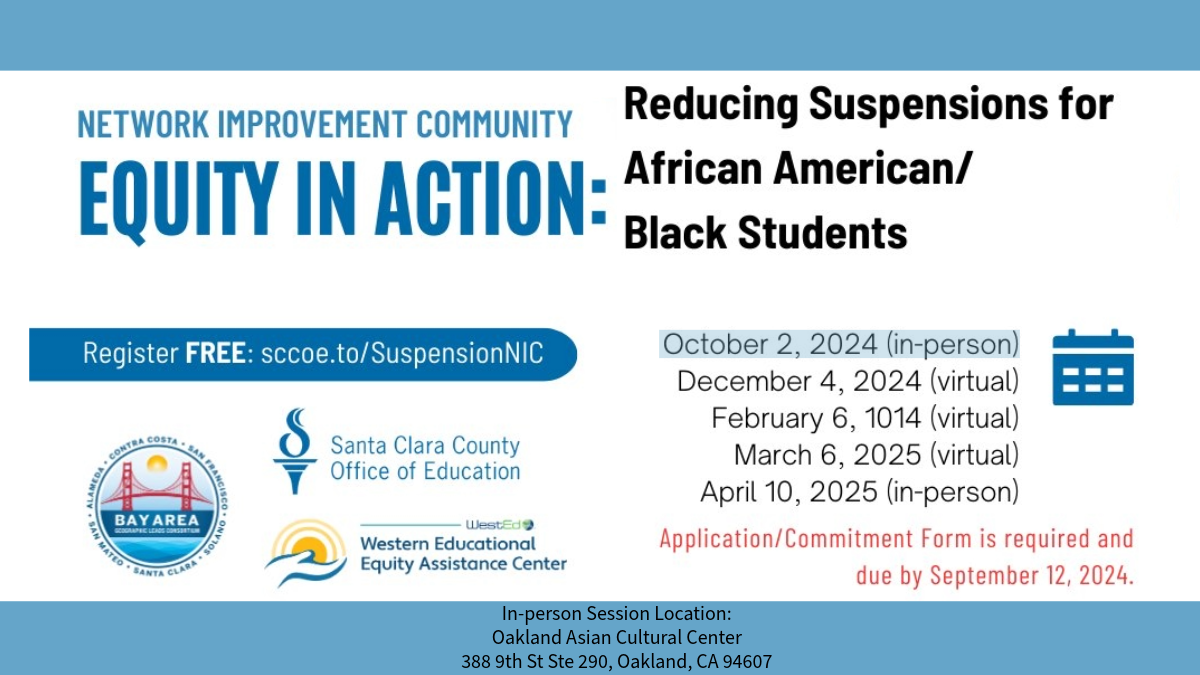
Featured
-

Featured
How can we build positive learning environments for African […]
-
Anyone who may come in contact with difficult student behavior can benefit from this training. From a raised voice to a physical assault, all levels of intervention are addressed. The Nonviolent Crisis Intervention training program keeps school staff prepared for everyday challenges and serious emergencies. |
3 events,

Featured
-

Featured
Any educator engaging in the Project ARISE online courses […]
-
GUIDING QUESTION: How can principals and district leaders effectively support, integrate and align TK within school sites and systems?
-
This three-part, virtual series will provide participants with opportunities to engage in discussions and collaborate with other early learning and care professionals to analyze and explore research on how play is an integral part of a child’s everyday learning. Through conversations built around the CDE publication The Powerful Role of Play in Early Education, participants will explore and discuss the attributes of play, how children benefit from play, and how they as educators can support children in their play. |
2 events,
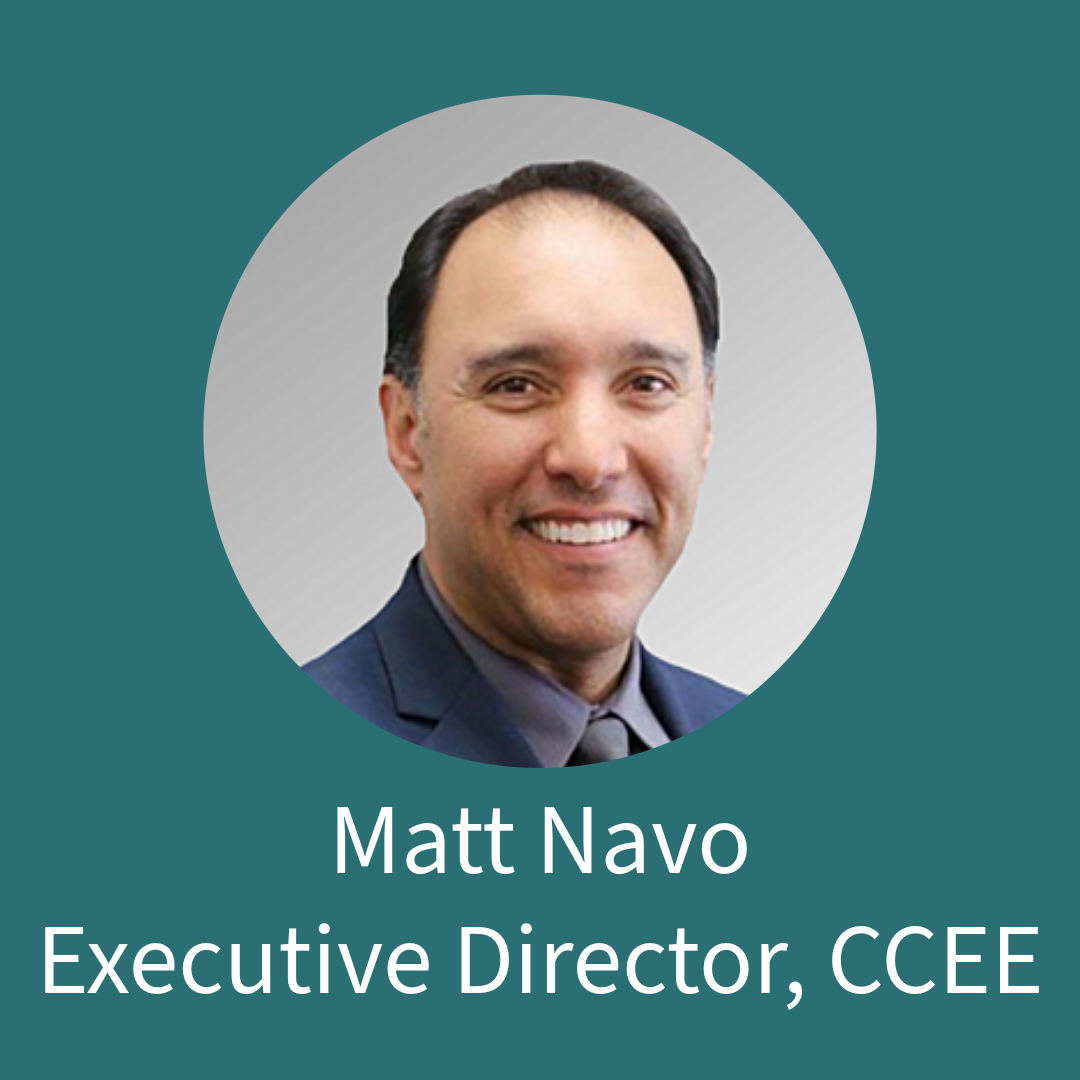
Featured
-
-
This informative session covers the basics: what, where, when, and how of IEPs and the SEIS IEP Program. We will explain best practices and requirements for timelines, IEPs, and ITPs. We will go over how to use the SEIS IEP Program for IEPs, DRDPs, go over the forms available in the program, goal libraries, and how to access student information for your caseload. Time will be allotted for participants to practice using the computerized IEP program with one of their current IEPs. |
0 events,
|
0 events,
|









